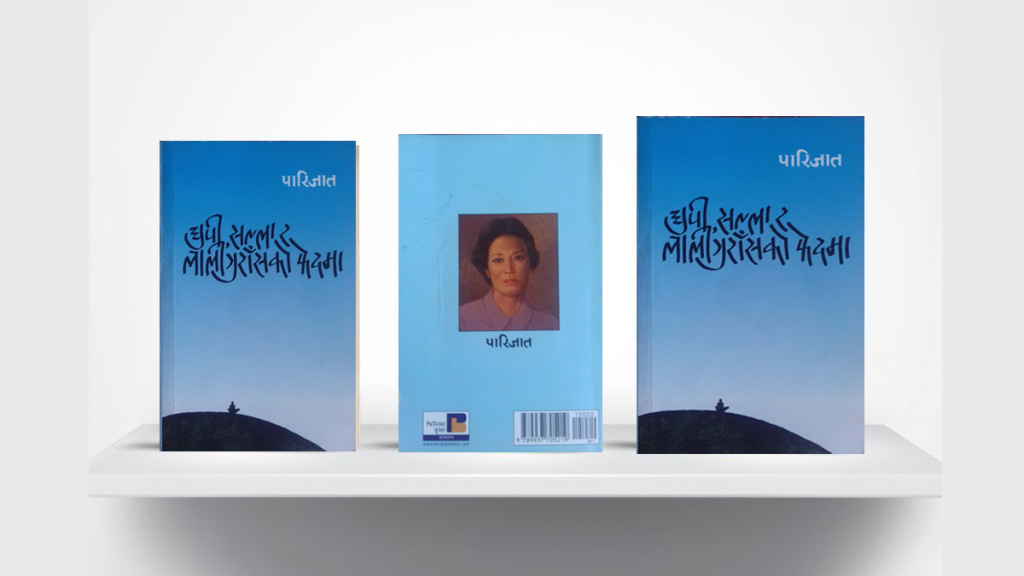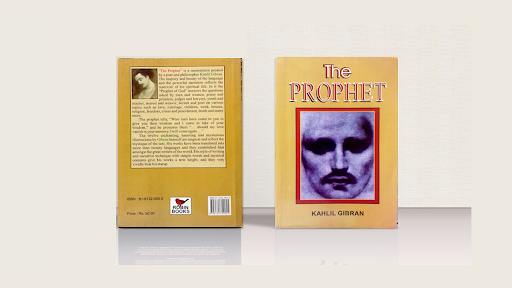The Fifth Mountain is a novel written by the popular Brazilian author Paulo Coelho. It is one of his best-selling books. This story is about history and mythology and also includes themes of love and spirit. The novel tells about the journey and struggles of the Israelite prophet Elijah.
As a child, Elijah used to hear strange music and screams. His parents took him to a prophet who said Elijah was a Nabi (a man of the spirit). He could speak with the angel of the Lord, the main god of Israel. But when King Ahab of Israel married Jezebel, the princess of Tyre, she ordered everyone to stop worshipping the Lord and follow her god, Baal.
Jezebel hunted and killed the prophets of Israel who refused to obey her. Elijah was one of those prophets, so he was put in prison with others. They planned an escape, but the soldiers killed all the prophets except Elijah, who managed to run away.
Before prison, Elijah worked happily in a carpentry shop. After escaping, he tried to survive in the desert but was starving. A crow fed him and even talked with him. Then, the angel of the Lord appeared and told Elijah to go to Akbar city and meet a young widow. Elijah went there, and the widow welcomed him. They started living together.
One day, the widow’s son became very sick and died. The widow and her neighbors began to hate Elijah, blaming him for the boy’s death.
The high priest and the people ordered Elijah to climb The Fifth Mountain, the god of Akbar. They believed lightning from the sky would kill him there. But when Elijah climbed, he met the angel of the Lord, who told him he could wake the boy. Elijah asked to see the dead boy and brought him back to life. After this miracle, the people of Akbar began to respect Elijah as a god.
After some weeks, Elijah, who was 23 years old, fell in love with the widow, who was about 10 years older. Although he loved her and lived in Akbar, he wanted to bring back the faith in the Lord to his own country, Israel.
In Akbar, he met the governor, commander, and high priest. Akbar had lived in peace for seven years, but now the Assyrians were going to attack. The angel of the Lord told Elijah to keep peace and not fight the Assyrians. Elijah tried to convince the people, but when the Abkarians killed an Assyrian officer who came for an agreement, war became certain.
The angel of the Lord said Elijah could do one more miracle, but Elijah had two goals: to restore faith in Israel and to stop the war in Akbar. It was hard to choose between them, so he could not perform the miracle.
Finally, Akbar prepared for war, but the Assyrians did not attack immediately. The Abkarians returned home, and at night, the Assyrians attacked. The governor ran away. The attackers burned houses and killed soldiers, the high priest, the commander, and many others, including the widow Elijah loved. After this, Elijah lost his faith in the Lord. The angel of the Lord also disappeared.
Only Elijah, a young woman, the widow’s son, old people, and orphans remained in Akbar. Elijah decided to challenge the Lord by rebuilding Akbar. He also felt he must do this because the widow had said she was Akbar. Elijah began burning the dead bodies and cleaning the city. The old people, children, and the woman helped. They all changed their names and identities to forget the past, like Elijah’s new name “Liberation” and the boy’s “Alphabet.”
After some time, Akbar became more beautiful than before. Elijah became the governor, and the people happily worked in farming, trade, and other jobs. Elijah was happy with his success in one part of his mission.
After that, Elijah returned to Israel to complete his other mission.
This novel inspires us to follow destiny and keep faith in God. There are many inspirational quotes in this book. Among them, my best quotes are as follows;-
Remember the good things you have done. they will give you courage.
Life is made of our attitudes. And there are certain things that the gods oblige us to live through.
Make use of every moment so that later thou(you) will not regret, not lament having lost thy(your) youth.







